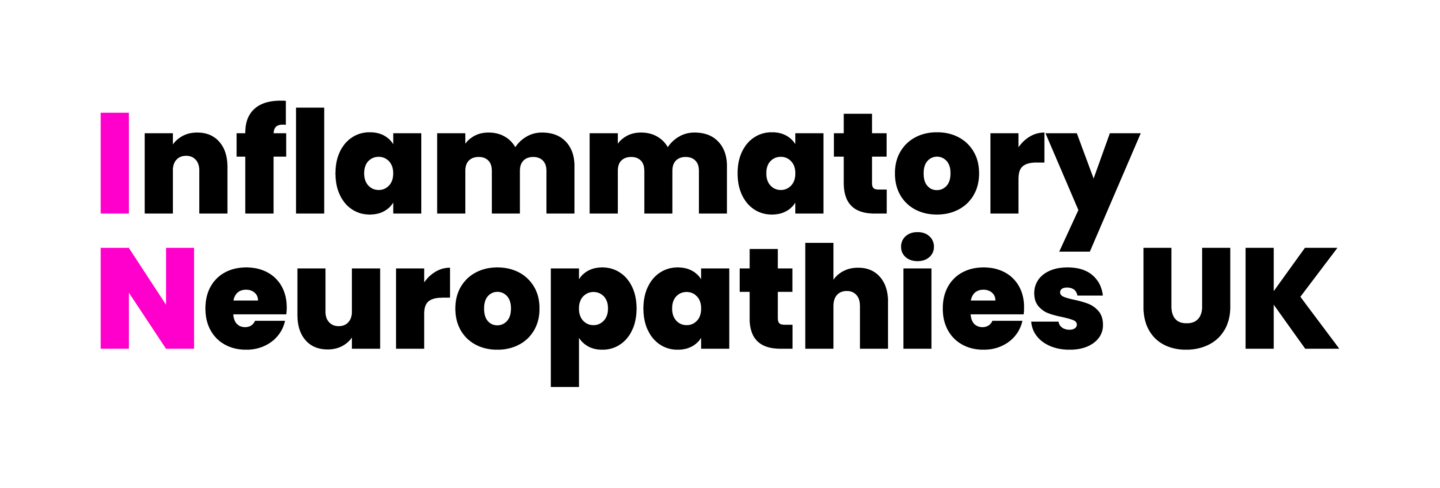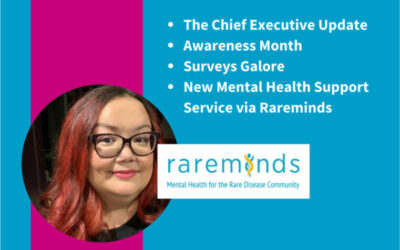What advice can we give someone impacted by CIDP?
One of our main jobs here at GAIN is giving support and advice to people impacted by Inflammatory Neuropathies. It’s not always easy as everyone’s experience of CIDP is different. However, in this blog we are focussing on some of the general bits of advice we try and give. If you want more information on symptoms, treatments, or impact, then check out some of our other blogs on CIDP.
Have people around you
While it’s not always possible for everyone, one of the main things we advise is to try to make sure that you have people around you for support. This can be family members, friends, professionals, and even us folk here at GAIN. We all need to lean on someone from time to time, either physically or emotionally. People tell us that when they are diagnosed with CIDP, they really find out who their true friends are. Find those people who care, and make sure you talk to them. If you don’t have someone then you can always turn to the friendly ears of GAIN. We are always there to listen and support where we can.
Focus on positives
It can be really difficult to focus on positives when you have been diagnosed with a life altering condition, when you are in pain, when you relapse, or when you aren’t seeing progress. However, it’s important to remain positive, and focus on the good things. Sometimes that is finding big steps forward, and other times it’s keeping a note of the small victories. Writing a journal can be a useful way to reflect on how far you have come, and what you have achieved. This is especially true when you are judging (we are all our own worst critics) your own progress. Even when things feel bad, take a little hit from some sunshine on your face, eating your favourite snack, or taking a few steps in the garden. If you look, there will always be a positive, and if you can’t see it, ask someone else to point one out.
Concentrate on good management
Managing your CIDP is vital. This is different from everyone, but may include ongoing treatment, staying fit and healthy, diet and nutrition, reducing (or even better removing) stress, and understanding how your condition impacts you and your life. By knowing what may cause symptoms to flare, or what may trigger a relapse, you can try and manage your condition well. This isn’t always possible, but you know your body and your condition better than anyone else. Managing your CIDP means managing both your physical and emotional wellbeing, so keep an eye on both, and ask others to watch out for signs too.
Adaption is good
CIDP will likely mean changing how you live your life. While no one likes change, working towards accepting the ‘new normal’ should be a key focus, and adapting how you live to take CIDP into consideration will be part of this. This may be physical adaptions to your home or your transport, or it may be physical adaptions in terms of how you get about. It could be social or financial adaptions to how or if you work, or changes to where you go, or what you do. It could be emotional adaptions to accept these changes and how they impact you and your family. None of this is of course easy, but working through these changes with appropriate support can be vital in living with CIDP.
Ask for help and support
And, of course, it’s super important to note that being diagnosed with or living with CIDP is not easy. You should always ask for help and support where you need it. And, if you don’t know where to find that help and support, ask us at GAIN.
Further support for CIDP
As always, GAIN is here to offer support when you need it. To find out how we can help you, please feel free to give us a ring on 01529 469910, email us at office@gaincharity.org.uk, or look around our website at www.gaincharity.org.uk.




